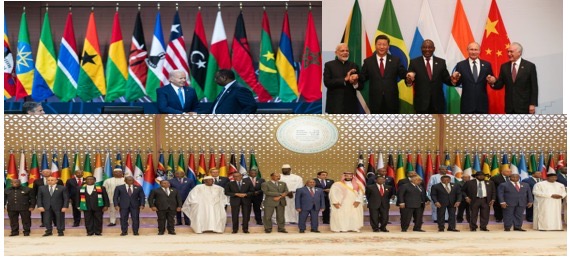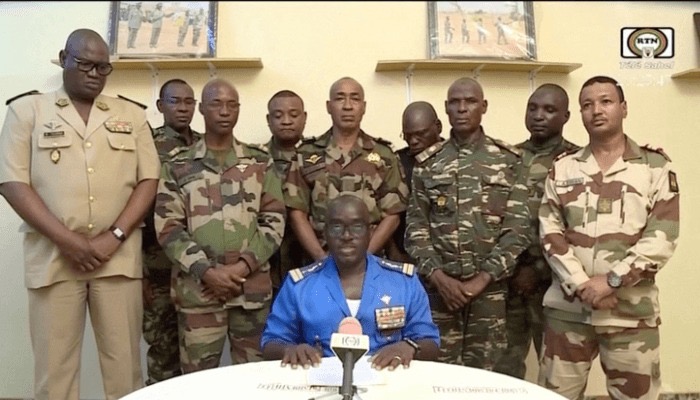The electoral landscape of West, Central, North, and Southern Africa witnessed significant transformations in 2023. Highlighting the resilience of public servants, judges, political parties, citizen groups, security experts, and the media, these elections posed both challenges and opportunities for the advancement of democracy. This article examines the polls, power, and progress of general elections that shaped Africa’s democratic trajectory.
Nigeria: Nigeria, Africa’s most populous country and largest economy, has made considerable efforts towards electoral reforms since returning to multiparty democracy in 1999. However, the nation’s evolving security landscape, plagued by challenges such as extremist attacks, criminal banditry, communal conflicts, separatist movements, and police brutality, significantly influenced its electoral dynamics. Despite these hurdles, prominent candidates, including Bola Ahmed Tinubu and Atiku Abubakar, contested the elections. Amid concerns, Bola Ahmed Tinubu peacefully assumed power, leading the ruling All Progressives Congress (APC).
Sierra Leone: President Julius Maada Bio sought re-election in 2023 amidst escalating political and economic unrest following unprecedented protests in August 2022. Despite winning with 56.17% of the vote, opposition leader Samura Kamara challenged the credibility of the results, leading to heightened tensions and concerns about transparency. The election became a crucial turning point for Sierra Leone amid economic challenges and demands for reform.
Zimbabwe: Emmerson Mnangagwa secured re-election in Zimbabwe amidst allegations of voter suppression and manipulation, with main opponent Nelson Chamisa rejecting the results. The election, marred by delays and criticized by foreign observers, tested public support for Mnangagwa’s party, ZANU-PF, after decades of economic hardships and allegations of authoritarianism.
Gabon: President Ali Bongo Ondimba won a contentious third term in 2023, triggering claims of voting violations and increased political tensions. The election’s aftermath saw a coup announcement, escalating the political climate until General Oligui Nguema Brice assumed the presidency. Although tensions subsided, humanitarian concerns persist.
Liberia: Liberia’s 2023 elections showcased opposition leader Joseph Boakai winning against President George Weah amidst concerns over security force abuses. Despite complexities post-election, Liberia’s peaceful transition demonstrated democratic strength, earning international commendation as a regional model.
Madagascar: Madagascar’s 2023 presidential election highlighted challenges beyond voting, revealing issues with democratic institutions and media self-censorship. Incumbent Andry Rajoelina’s controversial re-election sparked protests and international concerns about human rights and electoral fairness.
Egypt: President Sisi’s tightly controlled 2023 elections faced opposition boycotts and economic challenges, symbolizing continued military dominance. Despite low voter turnout and increased tensions, Sisi secured an expected victory amid ongoing financial and social unrest.
Democratic Republic of Congo: The 2023 elections in the DRC marked a pivotal moment, challenging historical electoral malpractices despite lingering concerns about unrest and potential result manipulation. President Tshisekedi’s leadfaced criticism and scrutiny from independent observers, echoing the country’s tumultuous electoral past.
The 2023 African elections showcased diverse political landscapes and highlighted the continent’s aspirations. These elections underscored the nexus between development, security, and governance, reflecting the resilience of African society. With significant implications for democracy, stability, and prosperity, they delineate Africa’s future trajectory.


